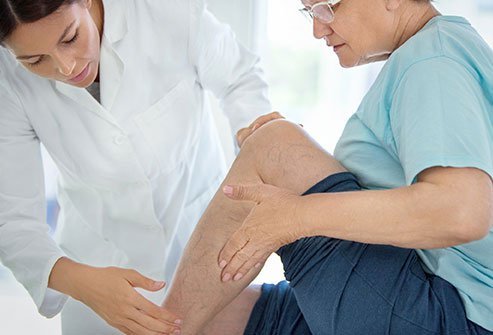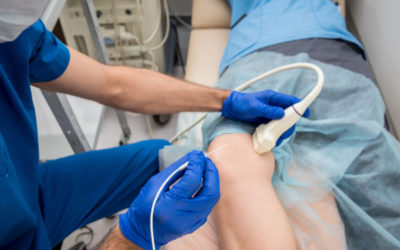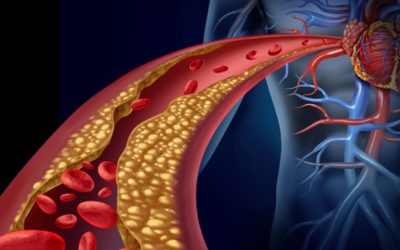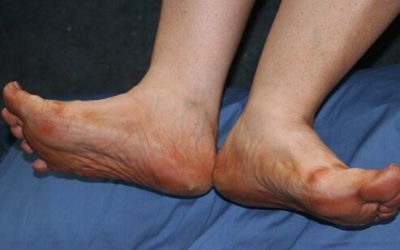Collagen vascular disease (CVD) is a group of disorders that affect blood vessels and connective tissue, including the skin, eyes, lungs, kidneys, and intestines. These diseases can be caused by a genetic disorder or may occur due to a variety of other factors such as infection, injury, or medication. The most common type of collagen vascular disease is rheumatoid arthritis. Other types include systemic lupus erythematosus (SLE), scleroderma, dermatomyositis, polymyositis, and vasculitis.
What are the symptoms?
People with collagen vascular disease often have one or more of the following symptoms:
- Fever
- Pain in joints, especially the small joints in the hands and feet
- Redness or swelling of the skin
- Tightness, warmth, or swelling of the skin
- Fatigue
- Headaches
- Eye pain
- Mouth sores or ulcers
How is it diagnosed?
A doctor will first take a medical history and perform a physical examination. He or she will look for signs of inflammation, redness, swelling, and pain. If a person has a fever or joint pain, he or she may have a blood test to check the amount of white blood cells. The doctor may order a biopsy to determine if there is an infection or tumor. A skin biopsy may be done to check for signs of inflammation in the skin.

What are the causes?
Collagen vascular disease can be caused by many different factors. For example, the immune system can attack healthy tissues, causing the body to produce antibodies that attack collagen and other substances in the body. Inflammation in the joints, muscle, or lungs can also cause the body to attack collagen and other substances in the connective tissue. Other factors include trauma, radiation exposure, smoking, certain medications, viruses, and infection with bacteria or parasites.
Who is at risk?
Anyone can develop collagen vascular disease, but people who are at a higher risk include those who:
- Have a family member with collagen vascular disease
- Are more likely to have skin problems such as psoriasis or eczema
- Have a history of arthritis
- Are exposed to certain medications
Conclusion:
Collagen vascular disease affects many people. It can be caused by many factors, so it is important for people to be aware of the signs and symptoms and to see a doctor if they notice any symptoms.














